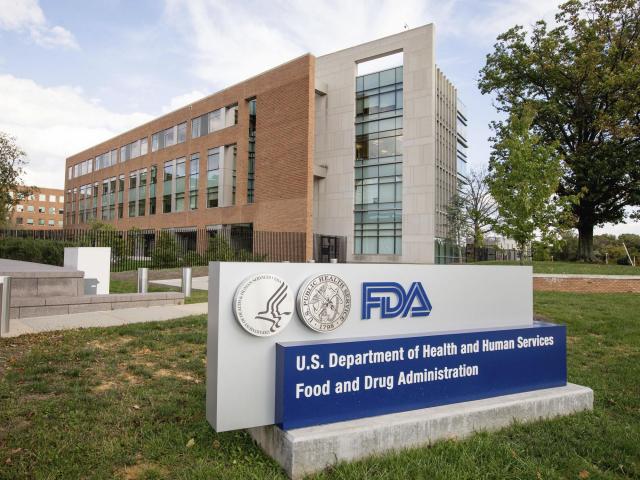WASHINGTON — WASHINGTON (AP) — Annual COVID-19 shots for healthy younger adults and children will no longer be routinely approved under a major new policy shift unveiled Tuesday by the Trump administration.
Top officials for the Food and Drug Administration laid out new requirements for access to yearly COVID shots, saying they’d continue to use a streamlined approach that would continue offering them to adults 65 and older as well as children and younger adults with at least one health problem that puts them at higher risk.
But the FDA framework urges companies to conduct large, lengthy studies before tweaked vaccines can be approved for healthier people. In a framework published Tuesday in the New England Journal of Medicine, agency officials said the approach still could keep annual vaccinations available for between 100 million and 200 million people.
The upcoming changes raise questions for people who may still want a fall COVID-19 shot but don’t clearly fit into one of the categories.
“Is the pharmacist going to determine if you’re in a high-risk group?” asked Dr. Paul Offit, a vaccine expert at Children’s Hospital of Philadelphia. “The only thing that can come of this will make vaccines less insurable and less available.”
The framework is the culmination of a series of recent stepsscrutinizing the use of COVID shots and raising major questions about the broader availability of vaccines under President Donald Trump. It was released two days ahead of the first meeting of FDA’s outside vaccine experts under the Trump administration.
Last week the FDA granted full approval of Novavax’s COVID-19 vaccine but with major restrictions on who can get it — and Tuesday’s guidance mirrors those restrictions. The approval came after Trump appointees overruled FDA scientists’ earlier plans to approve the shot without restrictions.
Pfizer and Moderna, which make the most widely used COVID-19 vaccines, didn’t immediately comment.
For years, federal health officials have told most Americans to expect annual updates to COVID-19 vaccines, similar to the annual flu shot. Just like with flu vaccines, until now the FDA has approved updated COVID shots when manufacturers provide evidence that they spark just as much immune protection as the previous year’s version.
But FDA’s new guidance appears to be the end of that approach under Health Secretary Robert F. Kennedy Jr., who has filled the FDA and other health agencies with outspoken critics of the government’s handling of COVID shots, particularly their recommendation for young, healthy adults and children. Under federal procedures, the FDA releases new guidance in draft form and allows the public to comment before finalizing its plans. The publication of Tuesday’s policy in a medical journal is highly unusual and could run afoul of federal procedures, according to FDA experts.
Tuesday’s update, written by FDA Commissioner Marty Makary and FDA vaccine chief Vinay Prasad, criticized the U.S.’s “one-size-fits-all” approach and states that the U.S. has been “the most aggressive” in recommending COVID boosters, when compared with European countries.
“We simply don’t know whether a healthy 52-year-old woman with a normal BMI who has had Covid-19 three times and has received six previous doses of a Covid-19 vaccine will benefit from the seventh dose,” they wrote.
Makary and Prasad recommended that companies study people not deemed at high risk for six months, randomly assigning them to get a vaccine or a placebo and tracking outcomes with special attention to severe disease, hospitalization or death.
Experts say there are legitimate questions about how much everyone still benefits from yearly COVID vaccination or whether they should be recommended for people at increased risk.
An influential panel of advisers to the Centers for Disease Control and Prevention is set to debate which vaccines should be recommended to which groups.
The FDA’s announcement appears to usurp that advisory panel’s job, Offit said. He added that CDC studies have made clear that booster doses do offer protection against mild to moderate illness for four to six months after the shot even in healthy people.
___
The Associated Press Health and Science Department receives support from the Howard Hughes Medical Institute’s Science and Educational Media Group and the Robert Wood Johnson Foundation. The AP is solely responsible for all content.
